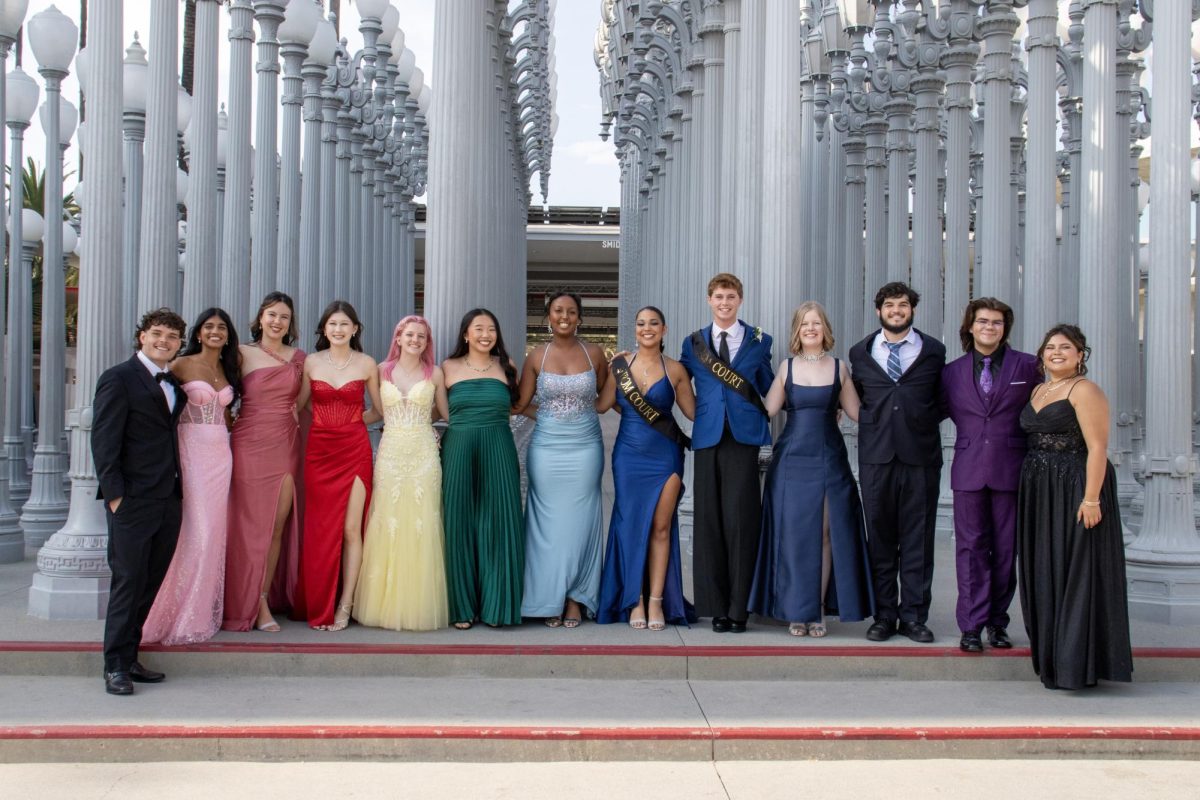Cuba Libre
December 8, 2016
For the past 57 years, pain, poverty, and dilapidation has been inflicted among Cuba and its people. Last Friday on November 25, Fidel Castro — communist leader of Cuba — passed away at 90.
This came as a shock to many. Cubans in Little Havana have been celebrating, waving their blue, red, and white flags in the sky; Even West High’s very own Mr. Hettinger talked about his reaction to Castro’s death. He said, “My reaction was, and not in a glim way, ‘well it’s about time’ because he was very old. We talk about him every year [in class]. I always say ‘Fidel Castro is still alive… that guy’s gotta be crazy old by now!’ I knew it was coming.”
Besides this being a worldwide scandal, Castro’s death has caused mixed feelings of grief and celebration. Sabrina Braden (11) is a Cuban-American student herself. She explained her reaction to Castro’s death: “My grandmother was a Cuban refugee on the freedom flights in the 60’s so, I felt happy. The man that tore my grandmother from her family, home, and life back in Cuba was finally dead.”
However, those who mourned Castro had a different perspective on him. In fact, one word that seems to be in the papers describing Castro is “iconic”.
The definition of iconic, according to Dictionary, is “a representation of some sacred personage, as Christ or a saint or angel, painted usually on a wood surface and venerated itself as sacred.”
Sure, one may look at Castro and see a man who fought and overthrew military dictator Fulgencio Batista in 1959 freeing and revolutionizing Cuba. One may see a man who wanted free education, equal distribution of wealth, and human rights. Yet those who see him that way have completely disregarded the fact that Cuba has been in a state of rubble for almost six decades.
According to the writers from History, Castro started off doing good for the country in his early years of ruling. They described it as so: “[He] abolished legal discrimination, brought electricity to the countryside, provided for full employment and advanced the causes of education and health care, in part by building new schools and medical facilities.”
But right away the article makes a complete left about this leftist communist leader; the writers go on: “He also closed down opposition newspapers, jailed thousands of political opponents and made no move toward elections. Moreover, he limited the amount of land a person could own, abolished private business and presided over housing and consumer goods shortages.”
Naomie Coronado (12) reacted to those who have called Castro an iconic leader. She said, “Iconic? I think using the word iconic is a bit extreme. But so was Castro. I say often that he was able to accomplish good for Cuba; however his good could never outweigh the extremely bad things he did. So no, I don’t agree with calling him that.”
Those who spoke out about Castro — brutal dictator of a country for 57 years — in a positive light, should reconsider their stance. Cuba isn’t free at last, but maybe one day they’ll be able to pick up what’s left of their island and rebuild what once was known as “paradise”.




